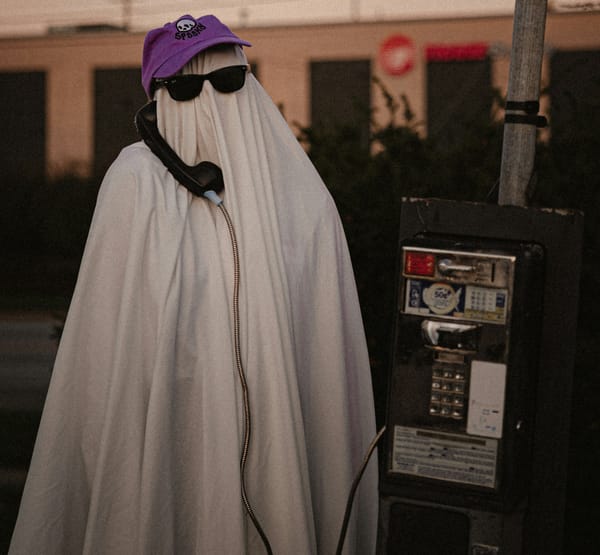Ireland's Proposed Media Monitoring Law: Balancing Free Speech and Online Safety

Introduction
Ireland is at the forefront of a significant legislative shift with its proposed law focusing on social media monitoring and the policing of online "hate speech." Termed by some as the "1984 censorship policy," this development has sparked a debate on the balance between free speech and the need to regulate harmful online content.
The Proposed Law
Ireland's "Media Minister" has urged the public to report instances of hate speech encountered online to the police. This call to action is part of a broader legislative effort to curb online abuse and harassment. The proposed law aims to end what some perceive as unchecked freedom of speech on social media platforms, holding individuals accountable for spreading hate speech.
Free Speech Concerns
Critics of the proposed legislation have labeled it as an "end to free speech," drawing parallels to Orwellian surveillance and censorship depicted in the novel "1984." They argue that the law could lead to over-policing of online spaces and infringe on individuals' rights to express dissenting or unpopular opinions, fearing it might set a precedent for government overreach into personal liberties.
Government Stance
The Irish government, in defense of the legislation, emphasizes the need to create safer online spaces and reduce the spread of hate speech and misinformation. They argue that the law is necessary to protect vulnerable groups from online harassment and abuse, and that it is a step towards more responsible and respectful online communication.

Balancing Act
The heart of the debate lies in finding a balance between protecting free speech and ensuring online safety. While regulating hate speech is crucial to prevent harm, there is a fine line between regulation and censorship. The challenge for Ireland's policymakers is to draft a law that effectively targets abusive behavior without compromising the fundamental right to free speech.

Conclusion
Ireland's move to pass a law focusing on social media monitoring and hate speech regulation is a significant step in addressing the complexities of online communication in the modern world. It highlights the ongoing struggle to balance free speech with the need for safety and respect in digital spaces. As the law progresses through the legislative process, its implications for free speech, online safety, and government regulation of social media will be closely watched by both advocates and critics alike.







